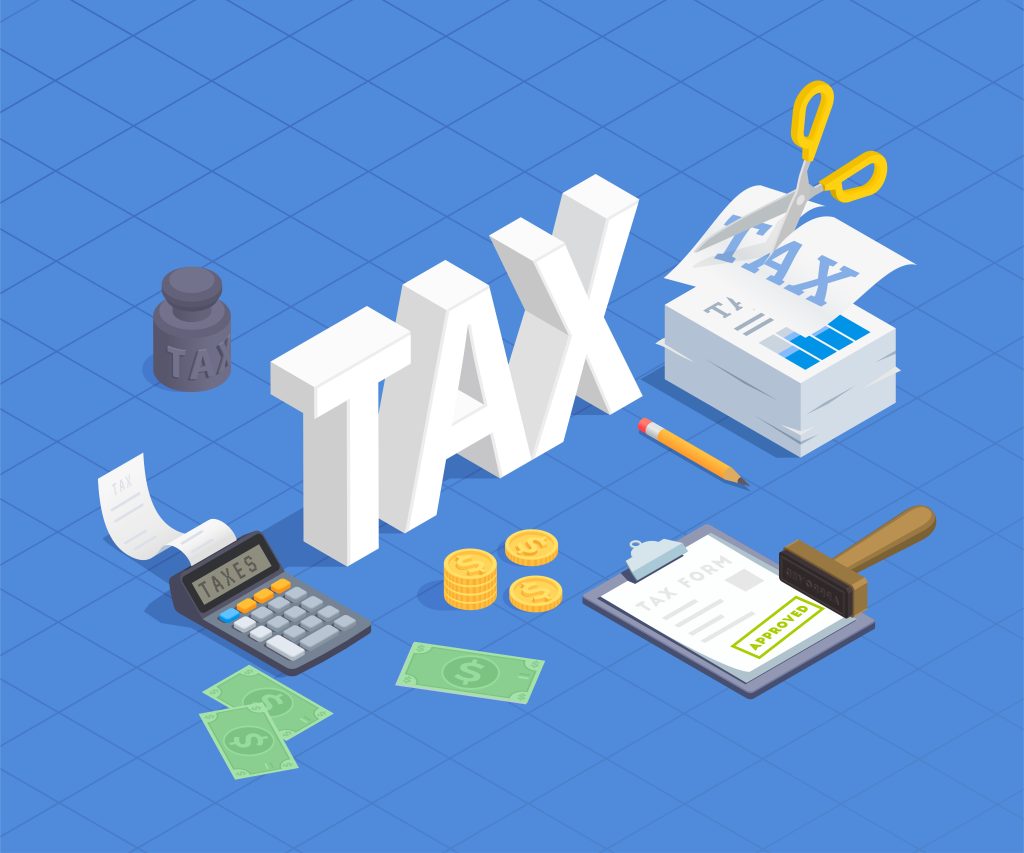Top Strategies for Effective Tax Planning in the UAE

Tax planning is key in financial planning, not only for businesses but also for individual persons. Understanding and applying strategies to carry out effective tax planning will lead to much financial gain, seeing that the tax landscape in the United Arab Emirates is well skewed. This detailed book travels through the best strategies for effectual tax planning in the UAE, providing insights into the various swatches of the tax system and practical optimization tips.
Understanding the UAE Tax System
Overview of the UAE Tax Regime
The tax regime of the UAE is known for being progressive, and it differs from many other countries, as there is no income tax on the individual’s income. On the other hand, there are corporate taxes, value-added tax (VAT), and excise taxes that businesses need to navigate.
Tax Authority in the UAE
The Federal Tax Authority is responsible for implementing and managing taxes in the UAE.
Types of Taxes in the UAE
- Corporate Tax: Applied to oil companies and branches of foreign banks.
- Value Added Tax (VAT): Introduced in 2018, currently at a standard rate of 5%.
- Excise Tax: Levied on specific goods harmful to human health or the environment.
Corporate Tax Planning
Utilizing Free Zones
Free zones in the UAE, in addition to offering other significant incentives, also provide key tax incentives like exemption from corporate tax, customs, and VAT; businesses will find it worthwhile to set up operations in free zones ( subject to satisfying certain conditions).
Transfer Pricing Regulations
Any multinational company in the UAE would find compliance with transfer pricing rules significant. Penalties and disputes will encompass it without proper documentation and a clear try at arm’s length principle.
Profit Shifting and Base Erosion
Such strategies as shifting the profits and reducing the taxable base must be accurately planned to meet international tax standards and not to pay the penalty.
VAT Planning and Compliance
VAT Registration and Compliance
Businesses with taxable supplies exceeding the mandatory threshold must register for VAT. Timely registration and accurate record-keeping are essential for compliance.
Input Tax Recovery
Recovering input tax can significantly reduce VAT liabilities. Ensure that your business maintains proper documentation to claim eligible input tax credits.
VAT Filing and Payment
Understanding the VAT filing process and adhering to deadlines is crucial to avoid fines and penalties. Utilize software solutions to streamline VAT reporting and payment.
Excise Tax Strategies
Identifying Excise Tax Liabilities
Businesses dealing with goods subject to excise tax, such as tobacco, energy drinks, and carbonated beverages, need to identify their excise tax liabilities accurately.
Compliance and Record-Keeping
Maintaining detailed records of excise goods and transactions is essential for compliance. Regular audits can help ensure that all excise tax obligations are met.
International Tax Considerations
Double Taxation Agreements (DTAs)
The UAE has signed numerous DTAAs to avoid double taxation on income. Businesses and individuals should leverage these agreements to minimize tax liabilities.
Tax Residency Certificates
Obtaining a tax residency certificate can help businesses and individuals benefit from DTAAs. Understand the requirements and application process for these certificates.
Cross-Border Tax Planning
Effective cross-border tax planning involves understanding the tax implications in both the UAE and the foreign jurisdiction. Consideration of transfer pricing, permanent establishment rules, and withholding taxes is crucial.
Tax Planning for Individuals
Personal Income Tax
While there is no personal income tax in the UAE, individuals should be aware of their tax obligations in their home country and any applicable DTAAs.
Wealth and Estate Planning
Proper wealth and estate planning can help individuals manage their assets efficiently and minimize tax liabilities in the event of death or asset transfer.
Tax Efficient Investments
Investing in tax-efficient products such as real estate and certain financial instruments can provide significant tax savings for individuals in the UAE.
Tax Audits and Disputes
Preparing for Tax Audits
Regular internal audits and compliance checks can help businesses prepare for potential tax audits by the FTA. Maintaining accurate records and documentation is crucial.
Handling Tax Disputes
In case of a tax dispute, understanding the legal framework and available resolution mechanisms is essential. Seek professional advice to navigate disputes effectively.
Effective tax planning in the UAE involves understanding the unique tax landscape and leveraging available incentives and agreements. By following the strategies outlined in this guide, businesses and individuals can optimize their tax positions, ensure compliance, and achieve significant financial savings. Always seek professional advice to navigate the complexities of tax regulations and make informed decisions.
FAQs
What is the corporate tax rate in the UAE?
The general corporate tax rate is 9%. However for multinational companies, the rate could be 15%.
How can businesses benefit from free zones in the UAE?
Businesses in free zones enjoy tax exemptions ( on fulfilling certain conditions), including corporate tax, customs duties, and VAT , making them attractive for tax planning.
What is the VAT rate in the UAE?
The standard VAT rate in the UAE is 5%, applicable to most goods and services. For export of goods and services, VAT rate is 0%.
How can I recover input tax under UAE VAT law?
Businesses can recover input tax by maintaining proper documentation of eligible purchases and ensuring compliance with VAT regulations.
What are excise goods in the UAE?
Excise goods include tobacco, energy drinks, carbonated beverages, and products harmful to human health or the environment.
What is a tax residency certificate?
A tax residency certificate allows individuals and businesses to benefit from DTAAs, avoiding double taxation on income earned in the UAE and abroad.
